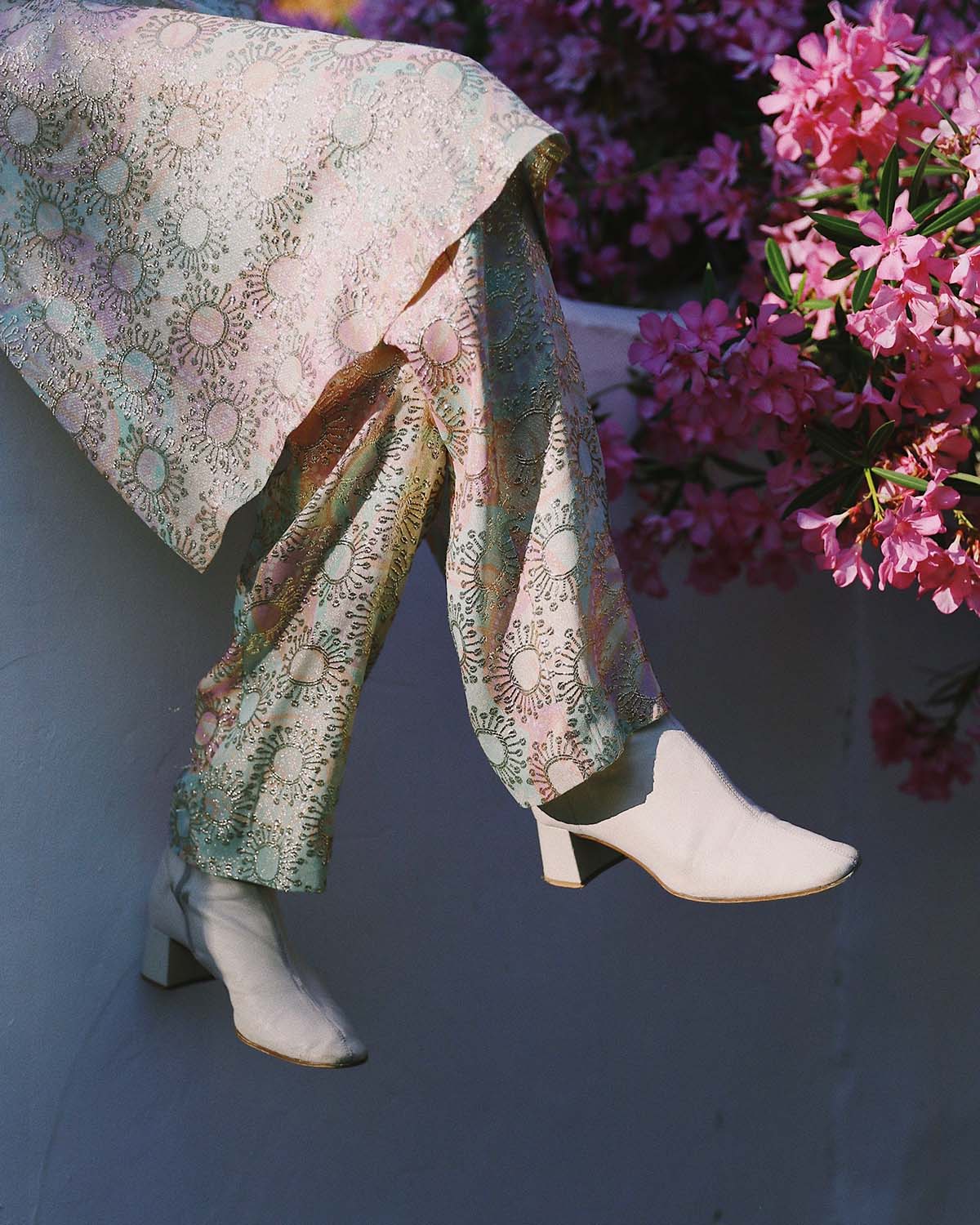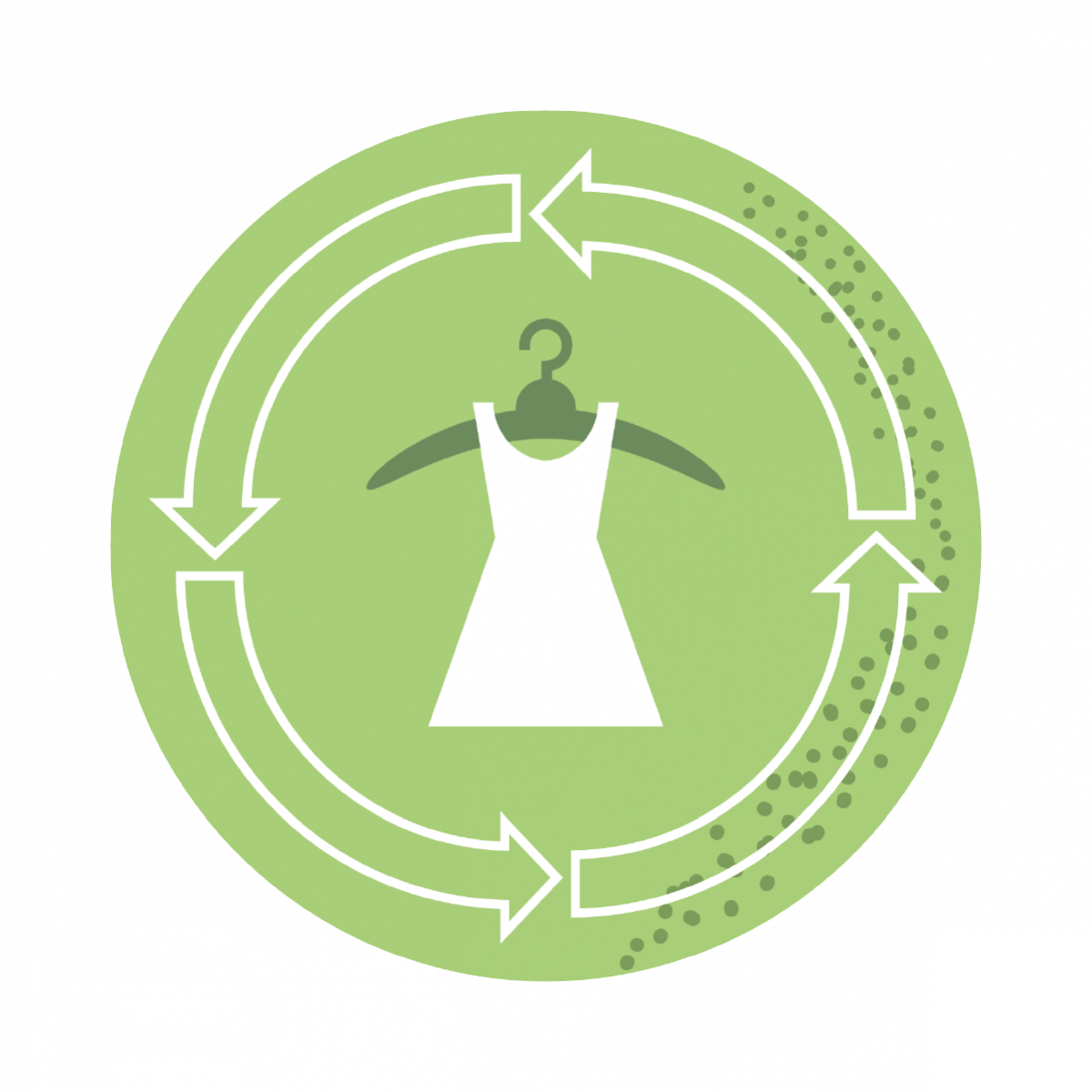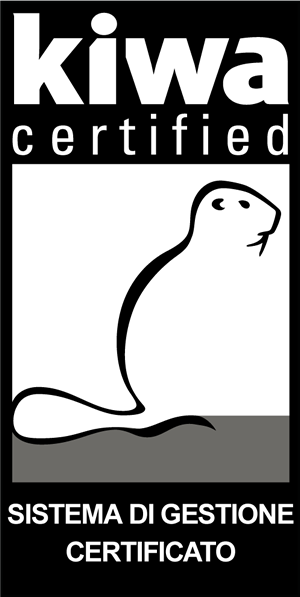Sustainable fashion means fashion which respects both the environment and society by paying attention to all the stages involved in creating a product: from its conception to the availability of raw materials, from production to distribution, right up to the sale to the final consumer.
This innovative process of creating fashion involves the use of less polluting raw materials, the minimising waste and costs in the production phase and producing durable objects, plus creating a link between brands and customers and stimulating conscious consumption.
In recent years, the concept of ethical fashion has also emerged. This model focuses its values on more sustainable production in terms of human resources, which therefore, leads to fair pay for the work performed without exploitation.
For clothing to be ethical, it is, therefore, essential that both the production processes, the elimination of waste, and the working conditions of the people involved in every stage of the production chain are verified.
All this is made possible thanks to Industry 4.0 and the advent of technology, such as the Internet of Things which help companies to achieve more efficient and less polluting production processes, thus cutting production costs and the environmental impact.
Moreover, thanks to traceability through IoT technology, the process of sustainable fashion is also carried over into a second stage of the life of fashion products.
Nowadays, an increasing number of consumers are, in fact, willing to purchase “second-hand fashion”, by buying objects guaranteed and certified by this technology.






